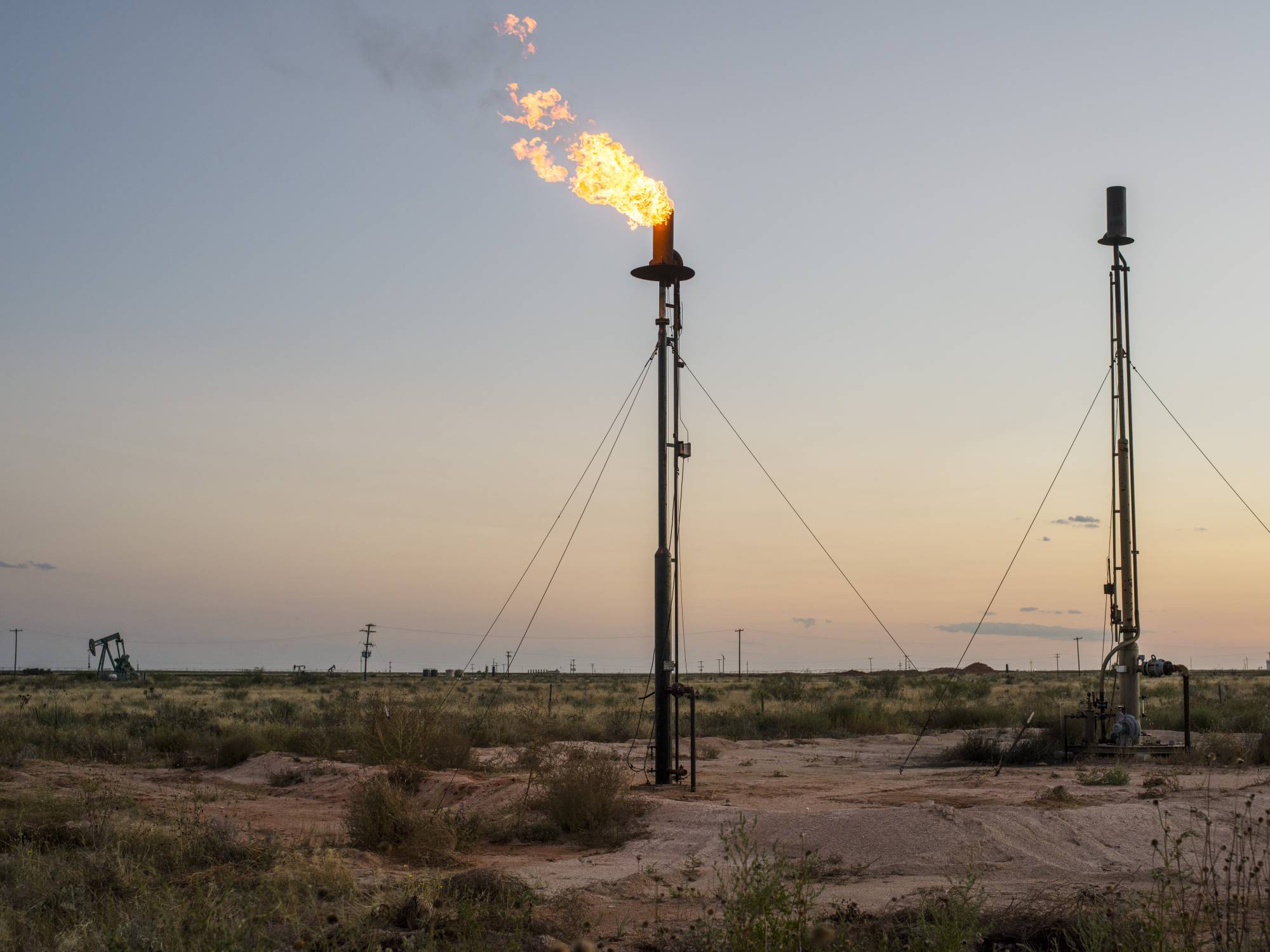Energy security and calming international markets rattled by the war in Ukraine will be key items on the agenda when U.S. President Joe Biden arrives in Japan next week for meetings with Prime Minister Fumio Kishida and "the Quad," which comprises the leaders of Japan, Australia, India and the United States.
Biden’s visit is also an opportunity for the leaders of the U.S. and Japan to expand bilateral energy cooperation, including increased fossil fuel exports by the U.S. However, experts say that such exports might create political headaches for the president over the coming months as the U.S. looks to congressional elections in November.
Russian liquefied natural gas accounted for 8.8% of Japan’s LNG imports last year. With international sanctions on Russia affecting energy supplies, Japan is now looking toward its alliance partner, the U.S., as a source of LNG in particular.



















With your current subscription plan you can comment on stories. However, before writing your first comment, please create a display name in the Profile section of your subscriber account page.